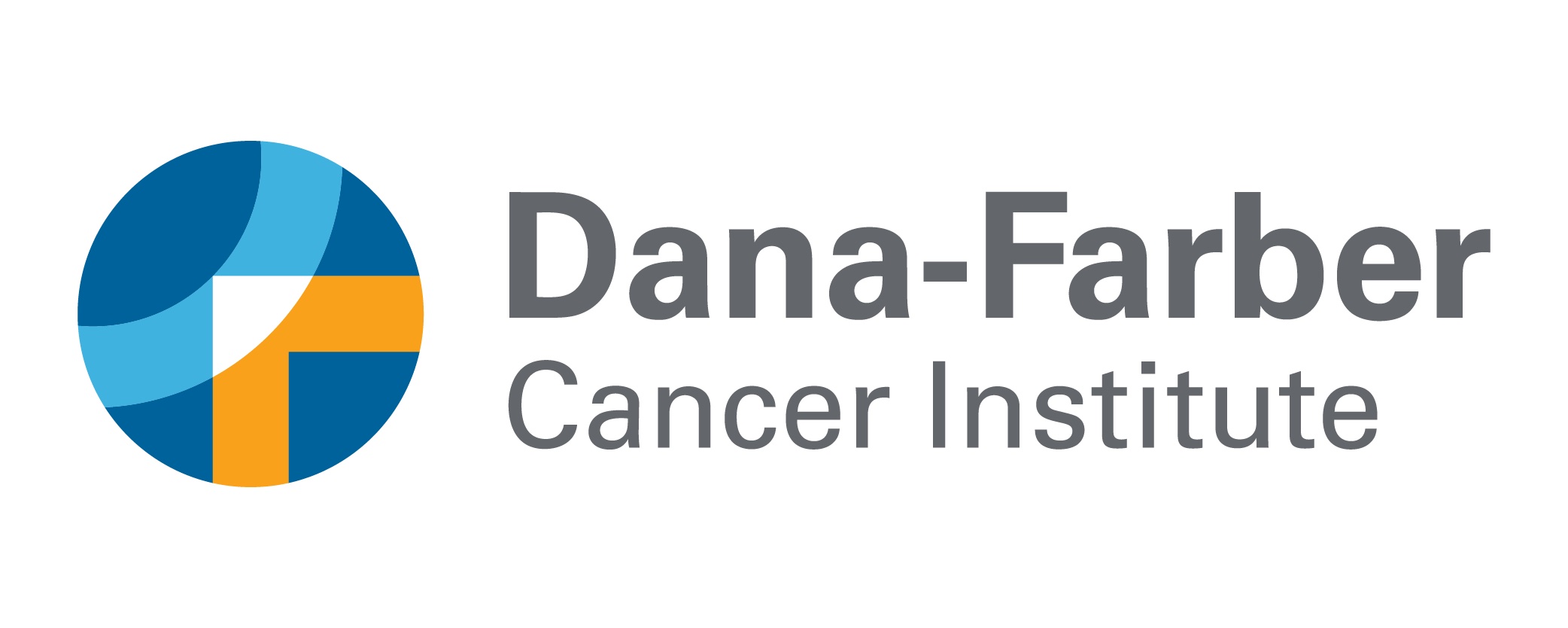Newswise — A combination of an oral chemotherapy agent and a drug to prevent blood vessel growth has shown encouraging results in advanced neuroendocrine tumors, rare cancers of hormone-making cells that usually resist chemotherapy, researchers say.
In a clinical trial reported in the Jan. 20 issue of the Journal of Clinical Oncology, investigators at Dana-Farber Cancer Institute and other Harvard-affiliated hospitals found that the drug combination shrank neuroendocrine tumors in 25 percent of the study participants and was biochemically active against tumors in 40 percent of the participants. While the treatment produced side effects in many patients, they were generally more tolerable than those associated with conventional chemotherapy, the researchers noted.
The drug duo consisted of temozolomide, a pill similar in activity to an older, intravenous chemotherapy agent, and thalidomide, a medication associated with birth defects when taken by pregnant women in the 1950s and '60s, but which has since been shown to be a deterrent of blood vessel growth.
"Neuroendocrine tumors are among the most vascular, or blood vessel-filled, tumors that exist, so it made sense to test chemotherapy in combination with an angiogenesis inhibitor like thalidomide, which blocks blood vessel growth," says the study's lead author, Matthew Kulke, MD, of Dana-Farber. "And because temozolomide is taken in pill form, rather than intravenously, it's more convenient for patients."
Neuroendocrine cancers arise in hormone-producing cells found in many of the body's organs. Hormones released by the cells spark chemical reactions that are part of the organs' normal functioning. When these cells become cancerous, the resulting tumors tend to grow slowly and don't produce symptoms in early stages. As a result, most neuroendocrine tumors are diagnosed only after they have spread to other parts of the body. Conventional chemotherapy is largely ineffective against these dispersed tumors. There are an estimated 3,000-5,000 new diagnoses of neuroendocrine cancer every year in the United States. When diagnosed at a late stage, the tumors are usually fatal.
In the new study, 29 patients with metastatic (spreading) neuroendocrine tumors were treated with the combination therapy. While 25 percent of them had their tumors shrink, the success rate varied with the type of neuroendocrine tumor involved. Tumor shrinkage occurred in 45 percent of those with pancreatic endocrine tumors, in 33 percent of those with pheochromocytomas (which arise in the adrenal glands, near the kidneys), and in 7 percent of those with carcinoid tumors (which most commonly start in the intestines).
"In many patients, the therapy produced a significant response, usually with less severe side effects than with older, standard chemotherapy regimens," Kulke remarks. The most common complications were nerve damage (a known risk of thalidomide), a drop in the number of blood platelets, infections, and rash. Unpleasant side effects prompted just over half the study participants to stop the therapy, but, in most cases, only after they had been receiving it for many months, notes Kulke, who is also an assistant professor of medicine at Harvard Medical School.
It's difficult to determine whether temozolomide or thalidomide is most responsible for the treatment's effectiveness against neuroendocrine tumors, Kulke states, a question which future studies will address. Kulke and his colleagues also plan studies in which thalidomide will be replaced by a newer generation of more potent, less toxic angiogenesis inhibitors.
Senior author of the study was Charles Fuchs, MD, of Dana-Farber. Co-authors included Peter Enzinger, MD, Michele Vincitore, and Ann Michelini, of Dana-Farber; Keith Stuart of Beth Israel Deaconess Medical Center; and David Ryan, MD, Alona Muzikansky, and Jeffrey Clark, MD, of Massachusetts General Hospital.
Funding for the study was provided by Schering-Plough and Calgene, the National Institutes of Health, Dr. Raymond and Beverly Sackler, the Caring for Carcinoid Foundation, and the Stephen and Caroline Kaufer Fund for Neuroendocrine Tumor Research.
Dana-Farber Cancer Institute (http://www.dana-farber.org) is a principal teaching affiliate of the Harvard Medical School and is among the leading cancer research and care centers in the United States. It is a founding member of the Dana-Farber/Harvard Cancer Center (DF/HCC), designated a comprehensive cancer center by the National Cancer Institute.
MEDIA CONTACT
Register for reporter access to contact detailsCITATIONS
Journal of Clinical Oncology (20-Jan-2006)
